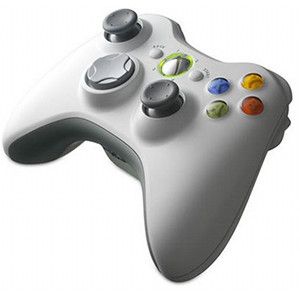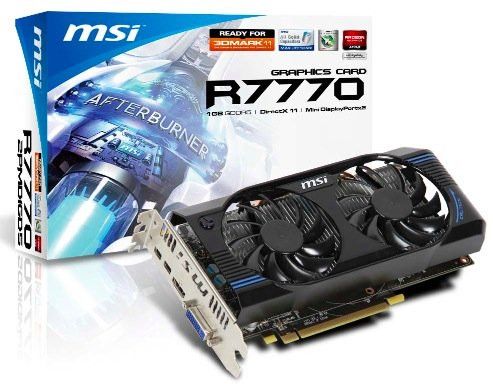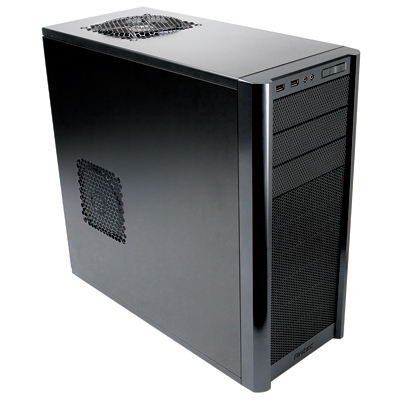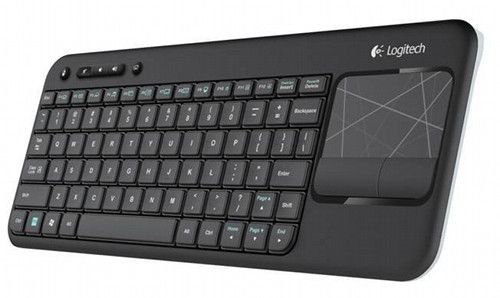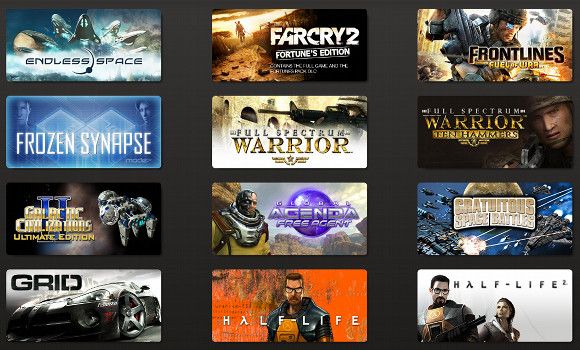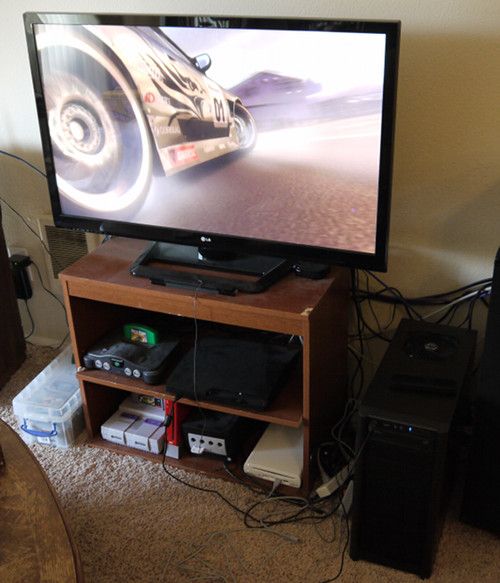I’m a PC gamer. That’s not to say I don’t own consoles, of course, but my favorite and preferred platform is the PC. Games almost always look better and/or run smoother on a computer than they do on their console counterparts. They’re also less expensive.
That’s not to say PC gaming is without issues. Many players don’t like it because it forces the user to sit at a cramped desk rather than lounging on a couch. Millions of people across the globe (including myself) spend their time sitting at a desk for work, so why do it for entertainment? This is a problem, but it can be fixed – and here’s how.
The Hardware
The first step towards using a PC like a game console is to sort out the hardware. A standard gaming computer is extremely powerful yet also large, loud and expensive. It’s simply overkill for playing most games, particularly console ports. Here are the modest specifications I recommend.
- Intel Core 2 Duo or better.
- Radeon HD 7770 / NVIDIA GT 650 Ti or better.
- 4GB of RAM.
- 500GB Hard Drive.
That’s all you need for a start. A system like this can handle games at 720p and maximum detail or 1080p and medium detail. While you can potentially build the system from scratch I recommend looking for one second-hand (with or without a video card) and then buying the video card new. This approach is less expensive.
Faster hardware will generally be better, but don’t go crazy. Remember that extremely quick components usually require more cooling, which means a larger case, expensive coolers or more (i.e. louder) coolers.
The Case & Cooling
Once you’ve acquired some hardware you’ll have to decide how to house it. In this area there are three important traits - size, noise and cost. Changing on one trait will impact the others. A cheap case that it is small is likely to also be noisy. A small case that is quiet will be expensive.
There’s no right answer. I had plenty of room in my living room so I went with a large, inexpensive case. It’s not built for silence but its large size keeps it tolerably quiet. I could have purchased a smaller case at the same price but it would have been too loud for my tastes.
Cooling should be accomplished as with as few fans as possible. My large case has plenty of room for airflow so I was able to get away with one case fan and one CPU fan, both running at low speeds. I recommend Speedfan to monitor temperatures and control fan speeds.
The processor should not exceed 75 degrees Celsius and the GPU should not exceed 100 degrees Celsius. It’s also a good idea to keep the hard drive below 60 degrees Celsius. Exceeding these rough figures won’t cause a meltdown but could cause system instability.
If you system remains 15 degrees below these figures while gaming, considering taking out a case fan (NEVER remove the processor fan). You might be able to achieve acceptable temperatures with less noise.
The Interface
Now that you've put together your new rig you’ll need to handle the interface issue. Computers weren't meant to be used on a couch, after all.
Let’s start with the television. The video cards listed in the recommended build support audio via HDMI, so hooking up the PC to your home theater is as easy as hooking up a new game console.
Next up is the keyboard and mouse. The ideal solution is a keyboard with built-in touchpad. This will let you navigate the computer with on small peripheral. Logitech’s K400 is probably the best all-around choice, but cheaping out is acceptable. You won’t be using the keyboard and touchpad much.
A wired or wireless Xbox 360 controller is ideal for playing games. Windows can detect these controllers and work with them automatically. Almost all games that have a console version will also detect and automatically use the controller. You can also try using the PlayStation 3 controller by installing a third-party driver [Broken URL Removed].
If you’d like to go nuts you can try a motion controller such as the Razer Hydra. This could be a good time on a couch, but it’s expensive.
The Software
A PC lacks the built-in community features found in modern consoles. No achievements, no friends list, no groups. All of those features are a big part of the console experience. They can be replicated, to an extent, using instant messengers, game forums and emails. But that means spending a lot of time with the keyboard.
This is where Steam comes in. It offers a huge community of gamers, built-in instant messaging and group creation, mod management and much more. You can even access an HDTV-friendly library view by clicking the grid icon in the upper right hand corner of the Library display.
I’m not keen on buying games from Steam, but you don’t have to buy a game through Steam to use it. Just click the “Add A Game” button at the bottom of the Library display and then pick the game out from the list of apps that appears. You will not be able to earn achievements or automatically join other Steam users in multiplayer when you add a game in this way but you’ll still have access to the Steam interface and all of its other community features.
Desura is a good alternative for those who are allergic to Steam. It also includes built-in community features. However, its interface relies on small fonts that may not be easy to read on an HDTV. EA’s Origin platform is more HDTV-friendly but it only will work with games published by EA.
Conclusion
Using a low-spec PC game console can be a lot of fun. The games usually work just as they would on a console but are more attractive. And less expensive. Just search Amazon for any game that has a console and a PC version. Buying a PC copy is almost always less. Even the PC itself isn’t much more expensive than a console – if you build to the specifications recommended.

